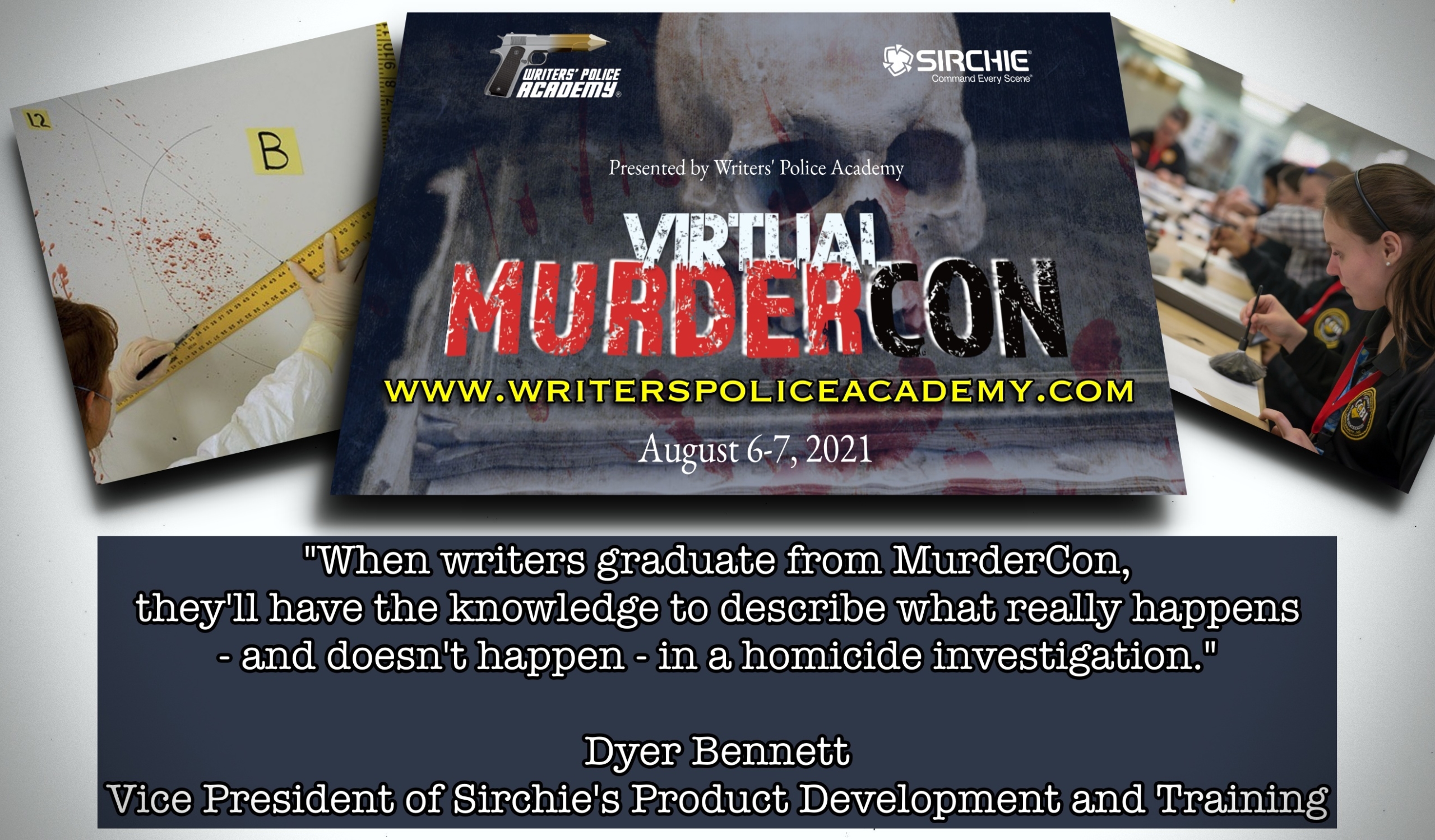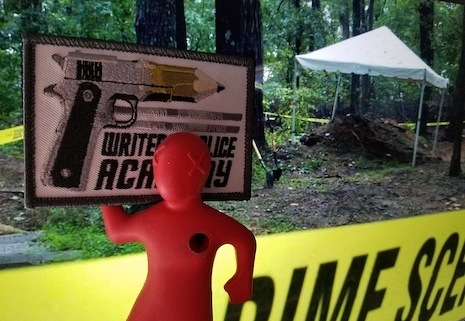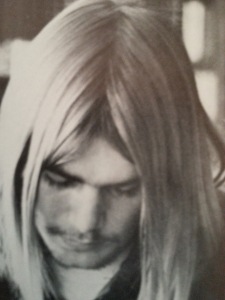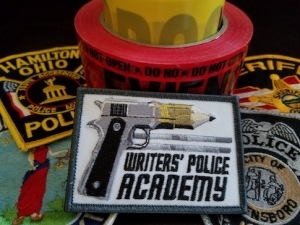Confidential Informant – a person who provides information to police about criminal activity.
The FBI, of course, conducts undercover operations, as needed, and they do so when such operation appears to be an effective means of obtaining evidence. The same is true for local and state agencies.
However, the FBI, as with other federal agencies, are held to tighter control, rules, and regulations as related to UC assignments. Small and basic details, such as the use of a confidential informant requires adhering to the strict guidelines as required by the Attorney General’s Guidelines on Use of Informants and Confidential Sources. And, believe me, this document is detailed and lengthy.
Even their definition of a confidential informant is a bit wordy.
“ConfidentiaI lnformant” or “CI”‘ – any individual who provides useful and credible information regarding felonious criminal activities, and from whom the JLEA (Justice Law Enforcement Agency) expects or intends to obtain additional useful and credible information regarding such activities in the future.”
Once a person is selected and approved (more on this below), agents may not reveal the CI’s identity at any time, unless they’re obligated to do so by law or Court order. The rule holds true even when the agent involved in the undercover operation leaves the department for whatever reason—transfer, retirement, etc. Keep in mind that law enforcement cannot guarantee that their name will not be divulged. They’ll do all they can to protect their confidentiality, but if ordered by the courts to reveal their names, they must abide.
According to the FBI, before their CI may be put to use, several factors must be examined, such as the informant’s “age, alien status, whether the person is a public official, law enforcement officer, union official, employee of a financial institution or school, member of the military services, are presentative or affiliate of the media, or a party to, or in a position to be a party to privileged communications, a member of the clergy, a physician, or a lawyer.”
In addition, the JLEA must examine “the extent to which the person would make use of his or her affiliations with legitimate organizations in order to provide information or assistance to the JLEA, and the ability of the JLEA to ensure that the person’s information or assistance is limited to criminal matters.”
Other factors of consideration include, “the extent to which the person’s information or assistance would be relevant to a present or potential investigation or prosecution and the importance of such investigation or prosecution.”
Is Becoming a CI a “Get Out of Jail Free” card?
And, “the nature of any relationship between the CI and the subject or target of an existing or potential investigation or prosecution, including but not limited to a current or former spousal relationship or other family tie, and any current or former employment or financial relationship; the person’s motivation in providing information or assistance, including any consideration sought from the government for this assistance; the risk that the person might adversely affect a present or potential investigation or prosecution; the extent to which the person’s information or assistance can be corroborated; the person’s reliability and truthfulness; and the person’s prior record as a witness in any proceeding.”
Furthermore, it must be first determined as to “whether or not the person has a criminal history, is reasonably believed to be the subject or target of a pending criminal investigation, is under arrest, or has been charged in a pending prosecution; whether the person is reasonably believed to pose a danger to the public or other criminal threat, or is reasonably believed to pose a risk of flight; whether the person is a substance abuser or has a history of substance abuse; whether the person is a relative of an employee of any law enforcement agency” … and on and on and on it goes.
Other factors to consider when using CIs in your tales
When making the decision to use a confidential informant, officers must consider the risk of physical harm that could occur to the person or his or her immediate family and/or friends. Nothing is worth the risk of harm to a private citizen.
And …
- What’s the CIs motive? Perhaps revenge for an act committed against them? If so, is it likely the CI may fabricate or plant evidence?
- Is the CI a truthful person? Yes, even crooks tell the truth at times. Simply because they sell drugs doesn’t meant they’ll lie about it when asked. Hey, it happens.
- Serving as a CI does not grant them the authority to engage in illegal activity.
- They are not considered as employees of the government or local agency.
Finally, a word about entrapment.
Entrapment occurs when a law enforcement officer implants an idea into the mind of a person who would typically not otherwise commit the offense, and then encourage the commission of that offense in order to prosecute the individual.
By the way, it’s Probable Cause, NOT Probably Cause. Yes, I see and hear this (probably cause) quite often.
*Coming Monday May 24, 2021 – “Informants: Who’s in Your Fireplace?”
Hurry!












